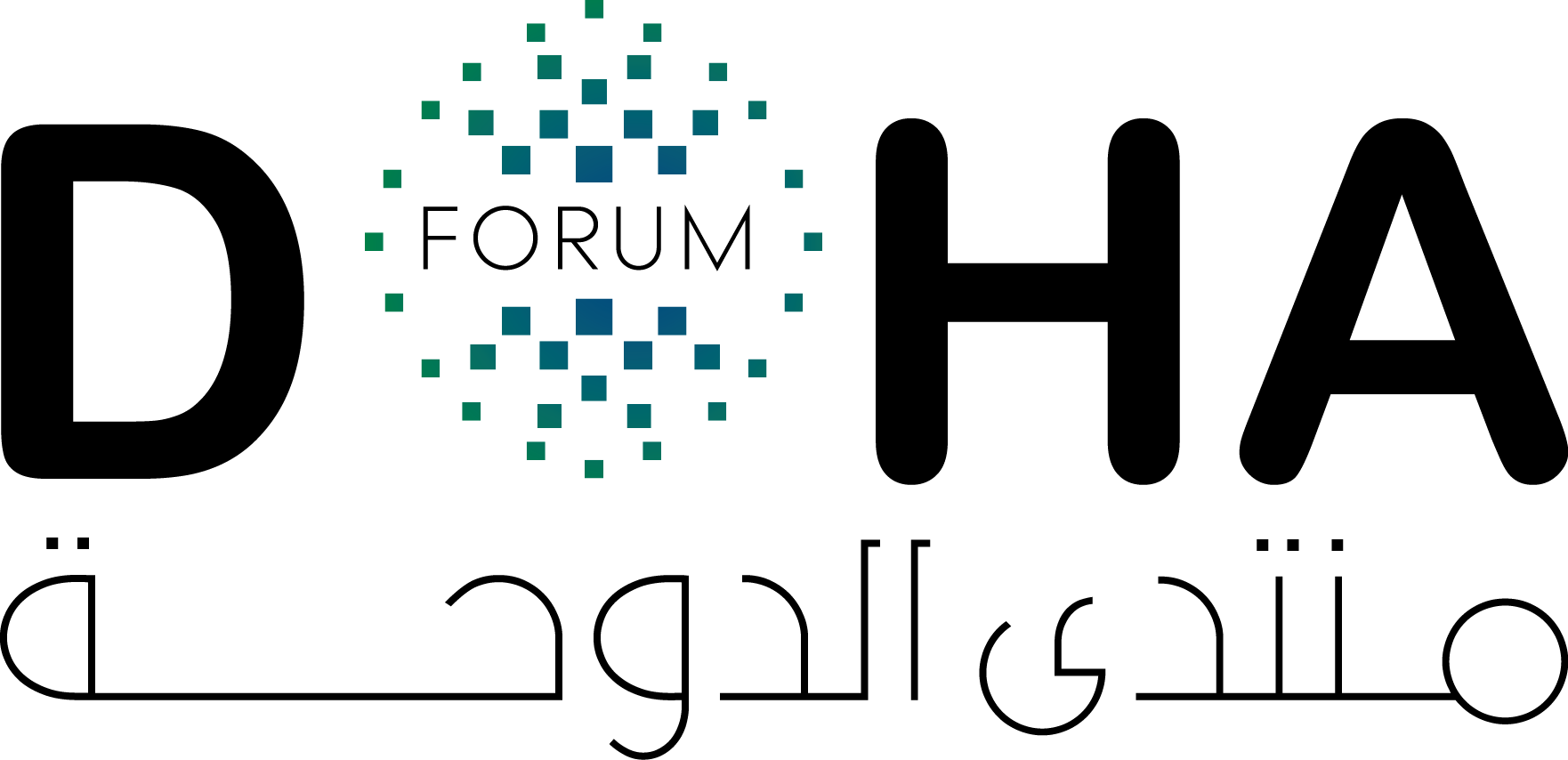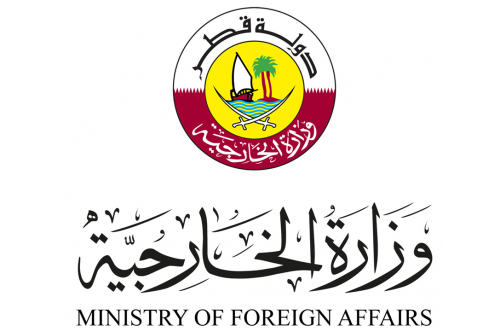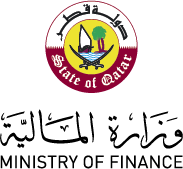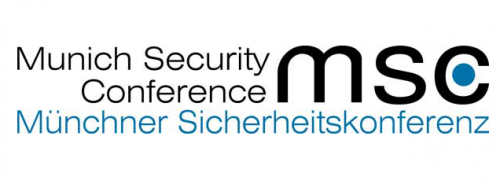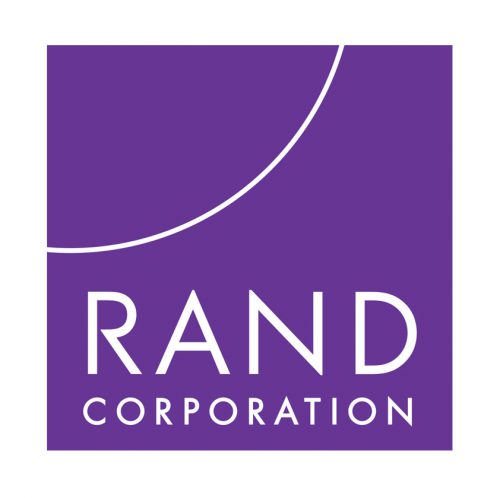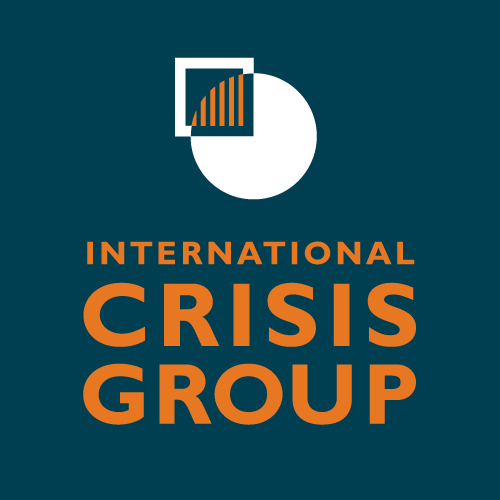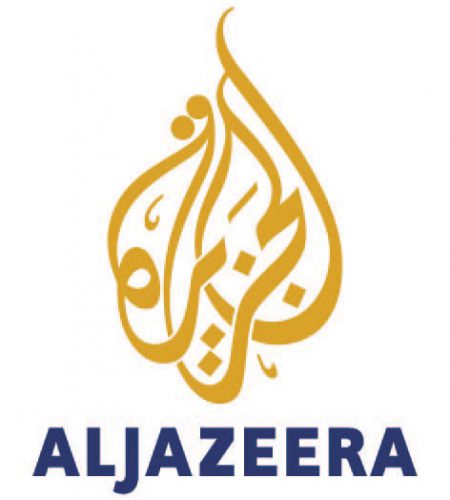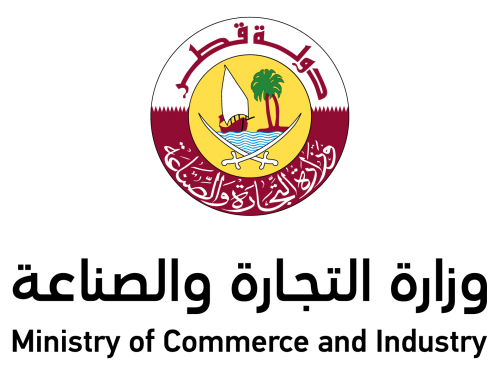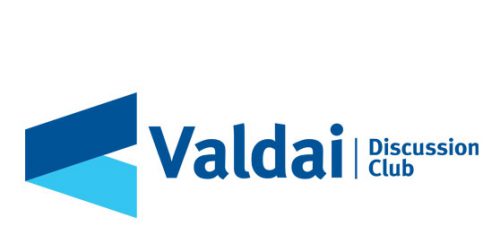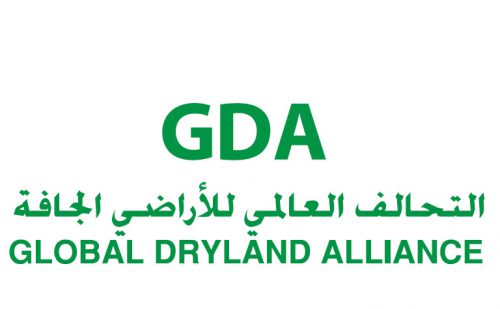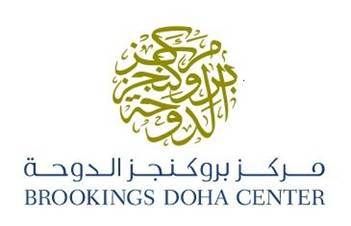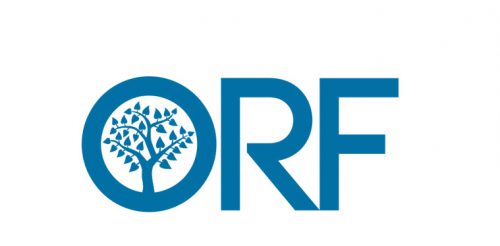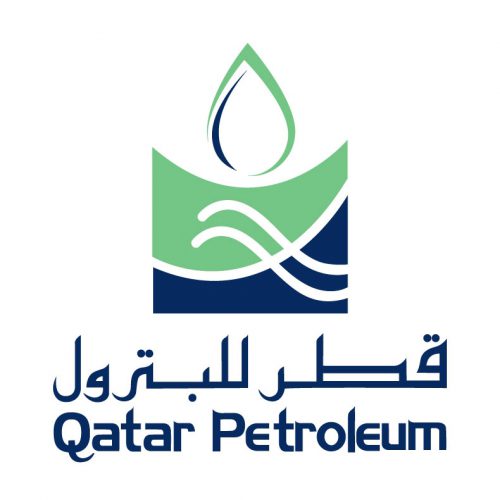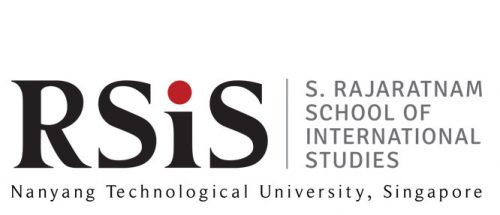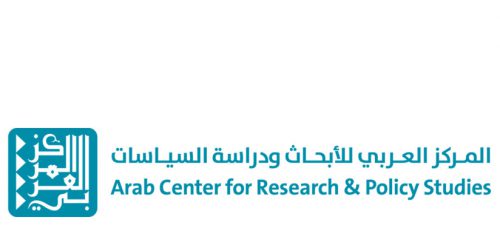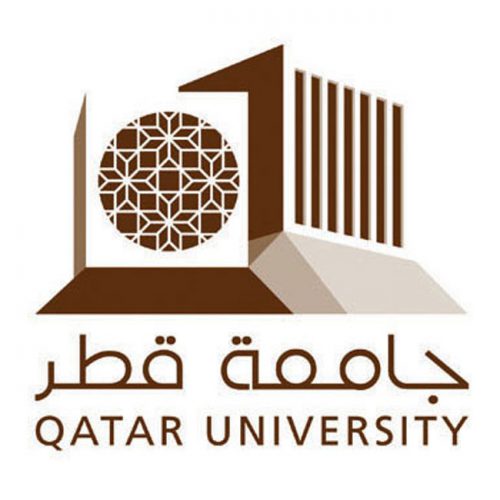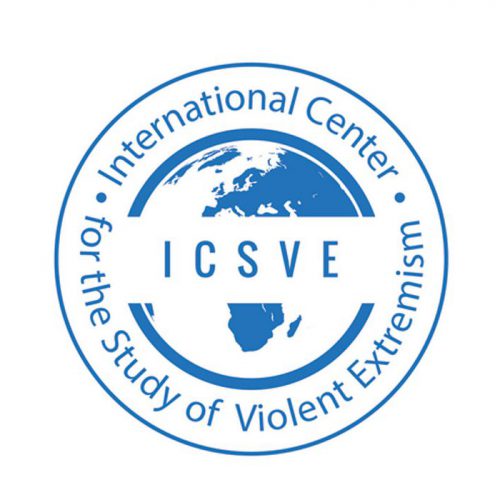The world is going through rapid changes within national borders as well as international organizations. Multinational organizations are strengthening and unifying in response to some international conflicts while in other situations seem fragmented and unable to move forward with their agendas or collective action. This is the dawn of new world order, one where old certainties are being replaced. Alliances whether bilateral or multilateral are being put to the test. Regional order and stability that was once a given is now a political standoff between nations that were once allies; new and unconventional alliances have been formed.
- Are regional alliances being replaced with alliances across continents and nations?
- What is the driver behind these new alliances? Security? Trade? Political survival?
- Are we witnessing a new paradigm that will last or just another rarity in our geopolitical ecosystem?
Emerging markets are fast becoming drivers of global growth. According to experts, it is estimated that over the next few years, emerging markets will generate around 70% of the world’s growth. Why invest in emerging markets? The panel will see ministerial and C-level executives discuss the growth potential of emerging markets and their impact on the global economy.
The quest for cyberspace norms and rules continues to be elusive. The Munich Security Conference (MSC) – through its Cyber Security Series has placed particular emphasis on the possibilities for establishing these norms. The Doha Forum panel on cybersecurity will take stock of the ongoing debate and extend it, taking into consideration the global ramifications.
- Are the current norms efficient and adequate?
- Will states cooperate in order to build a global cyber regulatory system?
New technologies, especially social media, enable the viral spread of information from all types of sources – reliable or not. These technologies make it easier than ever to manipulate information across borders, and harder to establish generally accepted facts. Online misinformation campaigns have become a weapon in the hands of both state and non-state actors. The speed of news sharing makes online misinformation especially dangerous, as the social and political consequences can outpace the process of correcting the record.
- Is the current period of “truth decay” actually so much worse than prior historical eras?
- What kind of fact-checking — or civic education or other remedies — may restore confidence?
- Is online self-regulation sufficient or should we rely on governmental regulation to fight against fake news?
The Sahel is rapidly militarizing. Armed groups and militias are proliferating, as are multiple regional and international military operations in Mali and more broadly in Western Sahel. These international forces are proving unable to defeat the insurgents; on the contrary, insurgent groups are expanding, establishing a presence not only in Mali’s rural areas but also in neighboring countries. However, the failure of the military approach has not prompted a strategic reappraisal. This militarization on both sides, government and insurgent, has a host of consequences for Sahelian societies.
- What are the alternatives to militarization that might facilitate the return of state administration throughout the Sahel?
- Why have concerned countries and the international community thus far failed to generate visible local public socio-economic dividends that would rebuild confidence?
The European Council on Foreign Relations (ECFR) will jointly convene a high-level panel exploring Europe’s role in responding to deepening polarization across the MENA region. The frank and open discussions will explore how Europeans can best navigate regional fault lines, and how they might play a role defusing tensions and helping lay a foundation for a more inclusive regional security framework.
- Would regional players welcome a larger European role?
- How would this larger role align with the policies of other external actors, namely the U.S. and Russia?
We are witnessing s surge in the targeting of journalists and news organizations as well as an escalation of violence. Reporters are being threatened, harassed, assaulted, imprisoned and killed. More and more, world leaders justify their actions by denouncing reporting as “fake news,” while some politicians vilify news outlets. Amid the heightening threats, dangers and name-calling, polls show the public’s trust in the news media has plummeted.
-
Why are journalists and news outlets being targeted and demonized now more than ever?
-
What can and should be done to reverse this dangerous trend? Who should be responsible to protect journalists?
-
What can be done to restore the public’s trust in news reporting?
-
What has history taught us about the causes of and responses and remedies to attacks on the press?
The global economic horizon is showing signs of escalating trade tensions threatening to compromise business confidence and investment decisions. Many countries now prefer a regional approach to trade, instead of relying on multilateral, universal agreements. Preferential trade agreements (PTAs) have increased from 20 in 1990 to close to 300 in 2018 and are a key feature of the international trade policy landscape. The EU is leading a broad expansion and modernization of its already extensive PTA network. In Asia, in Africa, regional economic cooperation is being reinforced.
- What are the long-standing and most recent challenges to international trade?
- Given the lessons learned from the Doha Development Agenda, which was aimed at facilitating increased global trade, what can be done to revive trust in a multilateral approach to trade?
- What role should major trade players have in addressing and creating agreements around sensitive trade issues including state financing and State-owned enterprises, severe excess capacities in key sectors, and prevention of cyber attacks?
In a geopolitical era marked by uncertainty and instability, Russia is extending its influence well beyond its neighboring countries. The effects of the nation’s involvement are being felt across the globe. In addition, Russia’s recent success in organizing the FIFA World Cup offered an exceptional international spotlight and political-diplomatic opportunity. As Russia expands its status as a global power, it will grapple with questions of how to most prudently deploy its available resources and how to engage on an international scale to ensure its own security and development. At the same time, the international community must consider how Russia’s ambitions affect their own national interests and global stability more broadly.
- What are the new challenges and opportunities Russia faces as it increases its global profile?
- How can Russia’s expanded international role contribute to a more stable and prosperous global community?
The growth of the global population to nearly nine billion people presents a critical challenge to guarantee water sustainability and food security. Over 800 million people live in hunger-stricken areas, the majority of them live in conflict zones. Ensuring quantity and quality of water for survival, but also for food production in the context of agricultural intensification is essential to mitigate the risk of mass migration conflict.
- Are the current world food governance support systems enough to mitigate current risks?
- What can be done to address the long standing under investment in the agricultural sector?
- What can be done to avoid price volatility and its impact on the poorest?
From international tribunals to ad-hoc internationalized criminal courts, the international judicial system is under construction. International law is enforced before some national tribunals, which exercise a universal jurisdiction. As Syria is not a party to the International Criminal Court, it does not have the jurisdiction and hence the ability to address the international crimes committed in this country unless the UN Security council refers the case. In May 2018, Palestine requested the ICC to open an investigation into crimes committed in the Occupied Palestinian Territories. Yemen is on the brink of mass starvation caused by a relentless war and blockade, with little recourse to justice.
- What are the existing options and what could be done to enact legal remedies?
- As more countries made clear they will withdraw from the ICC, is there a risk of jeopardizing decades of efforts for a better international justice?
The notions of security, economy and society in today’s modern age are bound by the concept of connectivity. As Western politics increasingly looks inward, Asian connectivity projects from China’s mammoth Belt and Road Initiative (BRI) to the International North-South Transport Corridor. Now the Asia-Africa Growth Corridor, driven by India and Japan, are setting new geo-political and geo-economic benchmarks. There is an urgent need for this region to resolve its connectivity issues as it manages rapid growth and development.
- To ensure the success of these mega-projects, what fresh perspectives for understanding security, defense, multilateral and bilateral partnerships could be developed?
- What are the roles of Asian powers and non-state actors?
- How will this impact the West?
The issue of energy transition is a major component in tackling the challenge of global warming. Since the 1992 Earth Summit conference in Rio, the international community agreed to reduce greenhouse gas emissions. Although many efforts have been made to achieve this goal – particularly in the development of renewable energies – there is still a lot to be done to enhance effective climate change mitigation.
While many economic operators are giving up coal, others continue using it and, in some cases, expanding its use. Oil and oil products continue to be a widely used source of energy and gas consumption is expected to continue growing in the foreseeable future. It remains to be seen if a systemic shift in the global energy map will develop with the emergence of new actors focusing on the development of “green energy.”
- What are the ramifications of this “energy transition” for the producers of traditional energy sources?
- How can states better cooperate to ensure a healthy balance between the growing global demand for energy and the need to reduce greenhouse gas emissions?
Women’s representation in mediation remains persistently low despite normative commitments made to increase women’s roles in peace and security. There is a gap between the peacebuilding work of women mediators and the representation of women in high-level peacemaking. U.N. Security Council Resolution 1325 recognizes the importance of increasing the role of women in all aspects of maintaining international peace and security, including encouraging women to take an active role in resolving conflicts.
- What aspects of international mediation would be improved by increasing the profile of women in these efforts?
- What can be done to increase representation of women in the leadership ranks of mediation efforts?
Changing Societies: The Rise of Populist Politics and its Impact on Social Movements, Values, and Policies
The recent rise of populist politics and other socio-political changes have shaken today’s global order. Some argue the current surge to the right stems from societies’ intolerance and backlash against waves of refugees and immigration policies. Others trace the cause of this shift to economic grievances of the middle classes; an angry response to a globalized world that often appears to benefit only those in power. Adding to this are the decades of increasing inequality and resentment towards a political system that has left many parts of society feeling marginalized and disempowered. Within this context, populist and hyper-nationalist groups have garnered mainstream political support across the globe, altering the dynamic of existing social movements and opening up space for new ones to emerge. Indeed, many countries that were once on the path to democratization have undergone authoritarian reversals. This panel thus addresses the following questions:
- Will the influence of these new populist movements change our social and political institutions?
- How have the shifting conditions in today’s world, and changes in the political nature of societies, affected societal values and new social movements?
The geostrategic relevance of the region, both as a source and conduit for energy, has resulted in challenges and opportunities. The access to the vast hydrocarbons has significantly enhanced the reach and relevance of the region. Various political developments such as the U.S. withdrawal from the nuclear deal with Iran and the Gulf Crisis have presented major challenges on the global stage, especially for the oil and gas sector. This region holds 60% of the world’s energy reserves, as well as being home to some of the most important producers of petroleum including Qatar and Iran. In addition, some of the world’s emerging economies are also in this region including Turkey. This panel will examine the interplay between the economic and the political and the roles of the various players involved.
- What is the expected impact on the global energy sector after U.S. sanctions on Iran
took place in November 2018? - To what extent have the oil and gas markets been impacted by the Gulf Crisis?
- To what extent did previous political developments cause Turkey to drill for oil and gas
in the Mediterranean? - What are the main geostrategic implications of Asia’s rising population and oil
consumption and who will benefit from the new energy routes?
This panel will cover the dynamics of violent extremist recruitment in both face-to-face and online interactions. There will be an emphasis on the use of social media, and technological adaptations by extremist groups following the collapse of the so-called Islamic State in Iraq and much of Syria. The panel will consider how best to combat extremist content and recruitment, both online and offline, using counter-narratives such as those created by ICSVE in their Breaking the ISIS Brand Counter Narrative Project, and consider innovative measures that could be used to not only fight violent extremist recruitment and rhetoric, but also safeguard vulnerable individuals from violent extremism online. We will ask:
- What can be done to enhance prevention and intervention efforts to fight terrorist recruitment, rhetoric and radicalization?
- How can counter-narratives and the voices of the deradicalized be used to denounce and delegitimize these same groups and their ideologies?
- What are the limitations of counter-narratives?
- Why shouldn’t alternative narratives promoting democratic values be used instead?
The number of people affected by conflicts, poverty, and displacement worldwide has risen at an alarming rate in recent years. According to UNHCR, 68.5 million people have been forcibly displaced from their homes, the highest levels of displacement ever recorded. While some countries have taken in refugees, eighty-five percent of refugees are hosted by neighboring developing countries placing a strain on their economies. The ongoing wars and conflicts in our world provides a daily example of the human effects of conflict, particularly famine. The situation continues to deteriorate for civilians and has long lasting consequences on the economy, education. health, and standard of living.
- What responsibility does the international community have towards those affected by such conflicts?
- How can international aid organizations find “safe space” to provide aid and services on the ground to serve those affected?
- If not, what alternative approaches can be used to create effective and lasting change?
